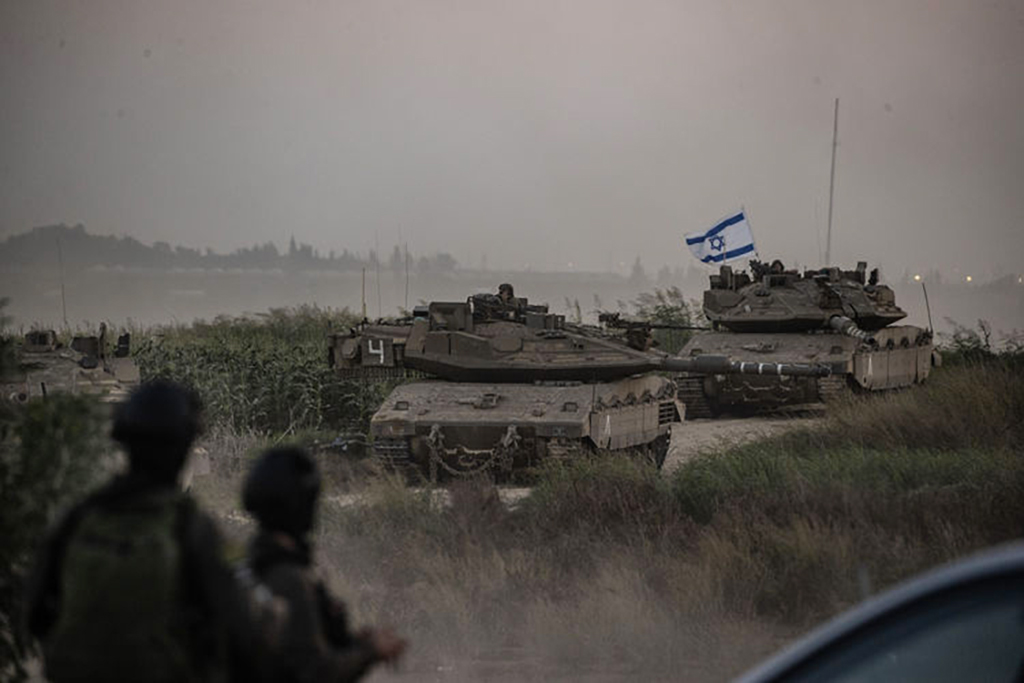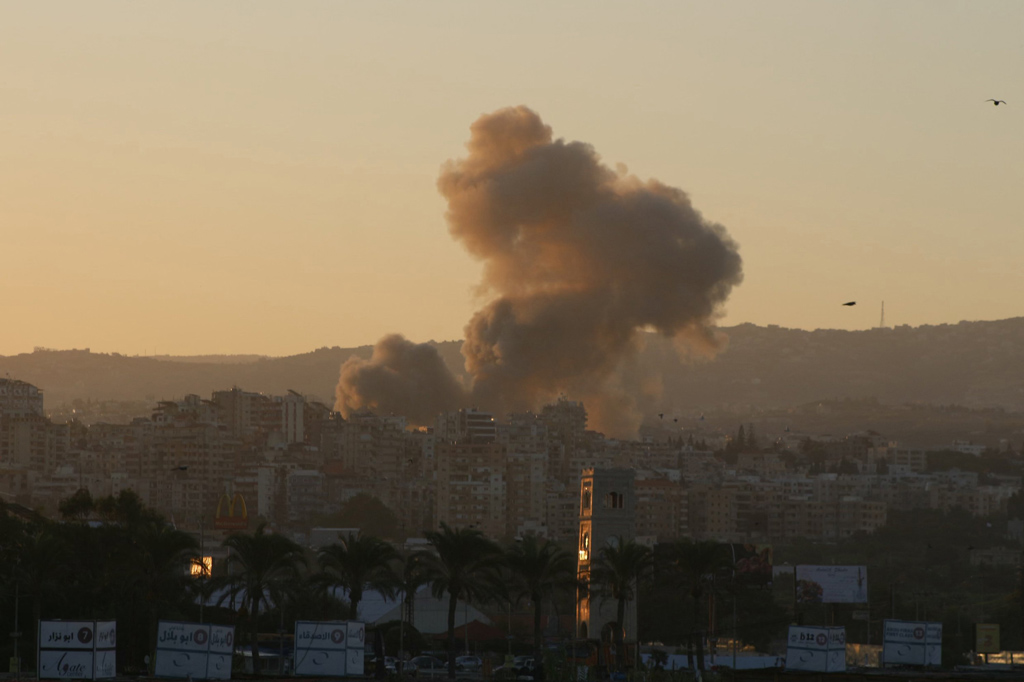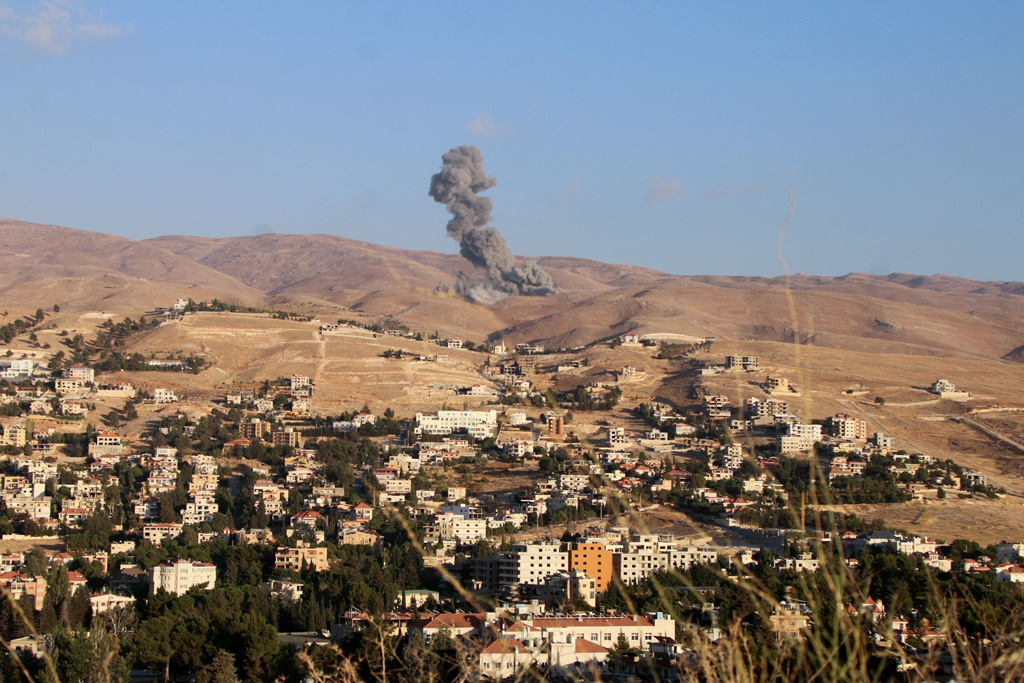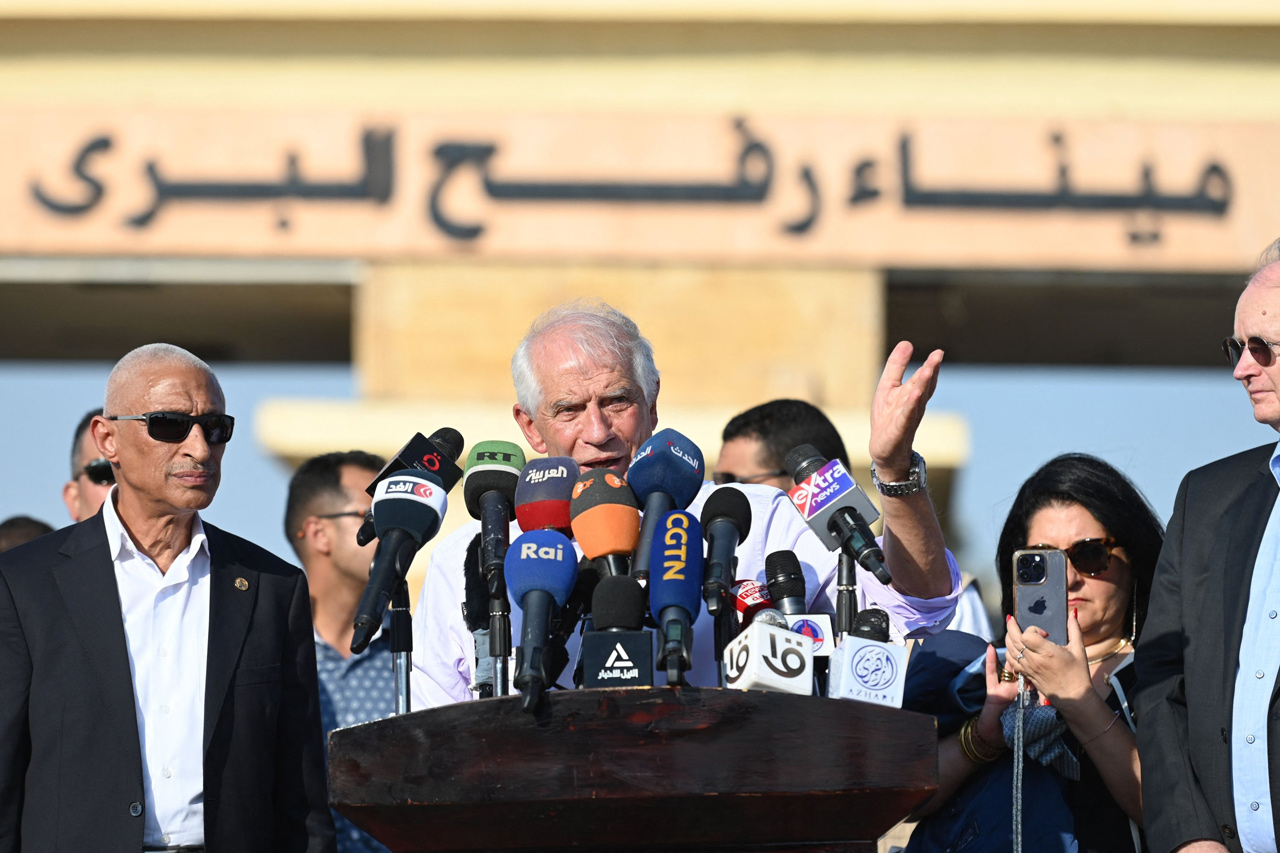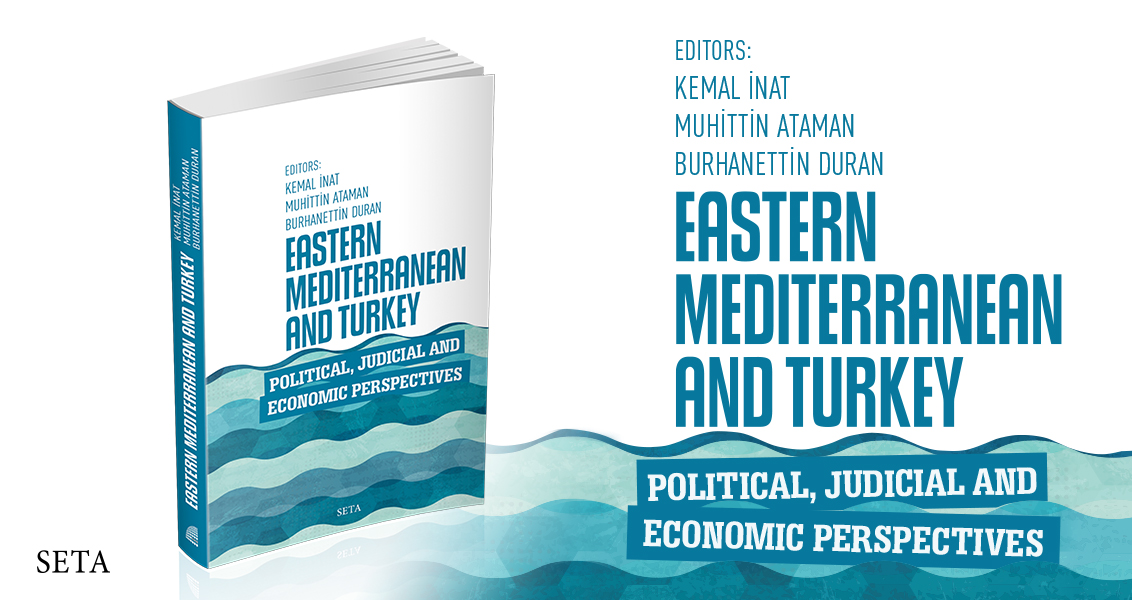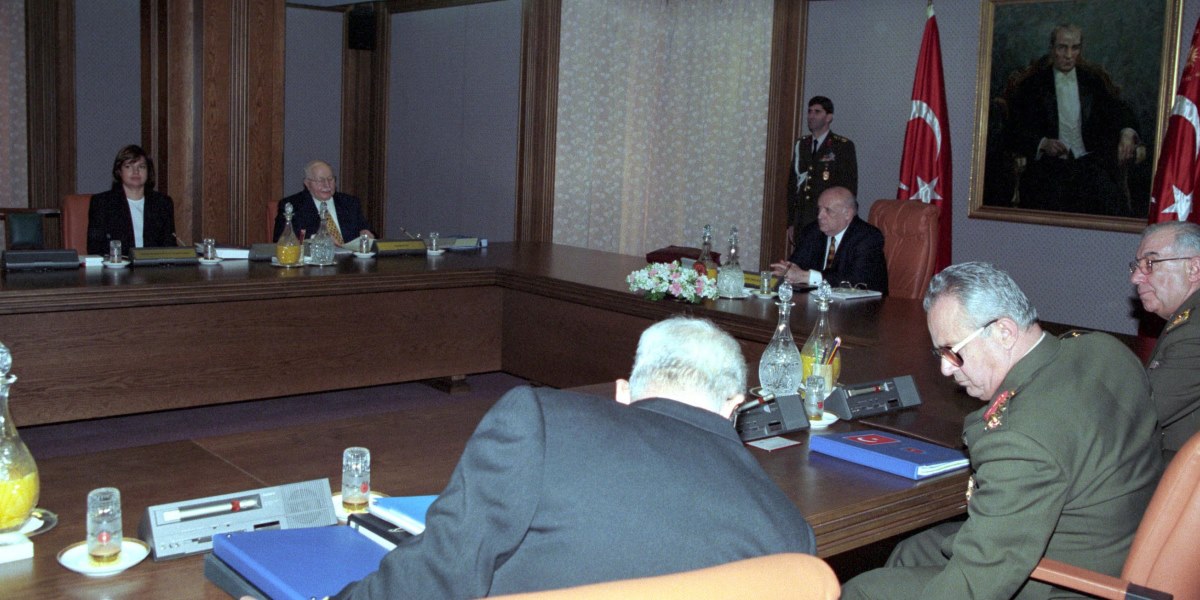
Economics of Feb 28: Turkey's Post-Modern Coup
The reason behind the Feb. 28 post-modern coup, which was an outcome of the past military tutelage of politics, was economic
Share
This weekend we will commemorate the 19th anniversary of Turkey's so-called post-modern coup, which started with a Cabinet meeting on Feb. 28 1997. As opposed to conventional military coups whereby the armed forces interrupt the democratic system and take control of politics, the "Feb. 28 incident" was manifested into a gradual process whereby military tutelage was imposed on seemingly civilian rule. The prevalent rhetorical priority of the coup was to restore the secular character of the regime by giving a balance adjustment to democracy under the guidance of the military as a self-proclaimed modernizing institution. But the ensuing period witnessed systematic attempts to block the upward mobility of conservative and devout parts of society and decrease the public visibility of Islam through compulsory reforms in the education system, a ban on headscarves at universities and measures aimed at marginalizing conservative civil society institutions.
Yet the main thrust of the Feb, 28 postmodern coup was economic in the sense that military tutelage over the political process was juxtaposed with economic tutelage of the large-scale bourgeoisie striving to accelerate capital accumulation under undemocratic conditions. Fragile coalition governments in the late 1990s implemented loose fiscal policies based on the substantial expansion of domestic borrowing to maintain growth. Large conglomerates around business associations such as the Turkish Industrialists and Businessmen Association (TÜSİAD) and leading families took advantage of the conjuncture by acquiring substantial credits in international markets and remarketing them to public institutions with extremely high interest rates. The vicious circle of high budget deficits, high public spending and rising domestic borrowing triggered the conditions for a banking/financial crisis. The political alliance with the military over the course of the Feb. 28 process allowed opportunistic conglomerates to acquire easy banking licenses and avoid careful public scrutiny. The outcome was the unregulated privatization of public banks, siphoning off private banks to finance murky business operations and deliberate losses of state economic enterprises leading to the deepest financial and macroeconomic crisis in Republican history in 2001. Twenty private banks had to be taken under public control through the Savings Deposit Insurance Fund (TMSF) with an estimated cost of $50 billion to the Turkish Treasury.
The nexus of military-economic tutelage over political processes meant that numerous retired generals were sitting on the executive committees of the private banks that were siphoned off and the holding companies that were overstretched over the course of the period. For the large-scale bourgeoisie, having the generals in the inner corporate circle was some form of a safety valve designed to be safe and secure against civil-military bureaucratic interventions and facilitate relations with public bodies. This Third World practice, which brings to mind the military capitalism of Egypt and similar developing countries, remained widespread up until Hilmi Özkök time as the Chief of General Staff who categorically opposed the existence of concrete links with serving or retired military personnel with corporate bodies on the basis of institutional ethics. Still, while most of the entrepreneurial actors who were involved in unjustified business dealings in the period were later tried in court and received hefty penalties, the retired generals enjoyed de facto immunity thanks to Turkey's protective judicial system.
Turkey accomplished substantial structural reforms in the new millennium under the leadership of successive Justice and Development Party (AK Party) governments, enabling democratic consolidation and weakening of military tutelage along with the galvanization of financial oversight and economic regulation. The political intervention reflexes of the military and the connections between military personnel and big business were curtailed. Financial regulations were strengthened to create one of the most robust banking systems in the developing world so that Turkey was able to overcome the impacts of the global economic crisis with minimal damage to its macroeconomic dynamics. However, the traumatic legacy of the Feb. 28 process is still firmly placed in the collective memory of Turkish society, particularly that of the conservative members of society. Hence, democratic consolidation through a new and civil constitution as well as comprehensive institutional reforms that would enable greater political and economic participation are greatly valued.
[Daily Sabah, February 27, 2016]
Tags »
Related Articles
